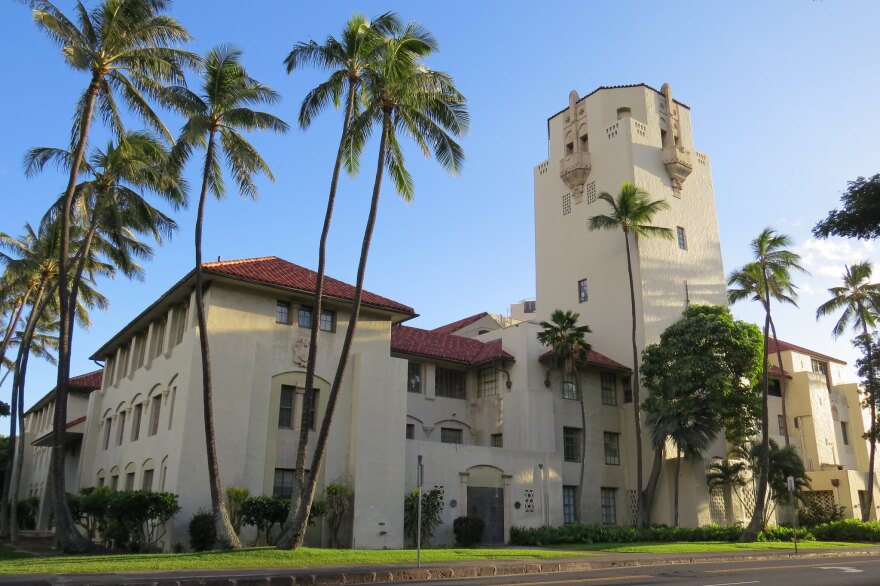Short-term vacation rentals provide the benefits of tourism but give a different experience to guests.
Within the last decade, state tourism reached new heights — and new technology made it easier for homeowners to rent their properties to visitors.
On Oʻahu, that has created tension in normally quiet neighborhoods.
Kathleen Pahinui used to live next to a vacation rental, which led her to join the community advocacy group Hi Good Neighbor. She says noise is a common issue.
"Okay, fine, eight, nine o’clock you can’t get too upset with that. But after 10 o’clock, seriously? Especially in the middle of the week, I got to get up and go to work the next day. This is not a resort area, this is a community," she said.
"They just sit out and they’re drinking and yelling and playing loud music. And you ask them to quiet down, and people weren’t nice – they were rude."
Pahinui says other common complaints include more cars parking on narrow residential roads, and residents having a difficult time getting in touch with property owners - who may be out-of-state.
These frustrations and more ultimately led to the creation and passage of Bill 89 in 2019. It limits the number of permits the city issues, sets distance requirements between rentals, and only allows units in resort zoned areas.
Two years later, the city’s department of planning and permitting is reevaluating the law, and how to regulate short-term vacation rentals going forward.
Robert Wright, a rental operator since the 1980s, says the ordinance was hastily crafted.
"It is just so abstract. There’s no clear path," he said. "And if there is a clear path, I think that the regulators don’t know it – the DPP – and the operators don’t know it."
Wright owns and operates four units in Leeward Oʻahu.
He says he believes the city has mishandled rental regulations in the past – causing issues today with long-time operators.
"There really wasn’t any regulations, and/or an avenue to get licenses to operate because the powers that be kept kicking the can down the road," he said.
"That gave the officials the excuse that we’re all illegal in the first place, even though they turned a blind eye. It’s finally when we hit that apex, then all the cards came together."
Wright says he doesn’t oppose having regulations, but he would like to have hosts be involved in any future discussions to find a compromise.
In a written statement, DPP says city attorneys are reviewing its revisions to the city’s ordinance. The department hopes to submit its proposal to the Planning Commission in time for its Sept. 1 meeting.
If approved, it will go to the Honolulu City Council for consideration.






